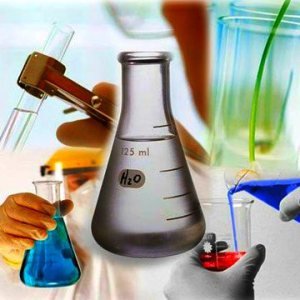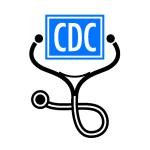Here’s the latest from the
Clostridium difficile research community:
Formaldehyde, a chemical commonly used to inactivate bacterial products, plays an important role in the formulation of a toxoid vaccine against C. difficile infection. In this paper, B. Wang describes how the toxicity of Toxin B (TcdB) can be removed by a treatment with formaldehyde solution but states that the storage of the formaldehyde-treated toxin can result in a reversion of the detoxification treatment, reestablishing toxicity. The authors highlight the importance of maintaining a minute amount of formaldehyde in liquid formulations, which prevents the reversion to toxicity.
http://www.ncbi.nlm.nih.gov/pubmed/24951860
One of the most successful treatments for Clostridium difficile infection is a fecal microbiota transplant (FMT), in which a patient’s intestinal microbiome is reestablished using the stool from another individual. Here, the authors evaluate the changes in fecal microbiota structure post-fecal transplantation using metagenomic sequencing of the 16S rRNA. It was found that a patient’s intestinal microbiota was more diverse, with a lower number of Proteobacteria but a higher number of Bacteriodetes, along with functional changes in the overall microbial structure as compared to pre-FMT.
http://www.ncbi.nlm.nih.gov/pubmed/24939885
A patient’s risk to Clostridium difficile infection can be determined by analyzing antibody levels to Toxin A (TcdA). In contrast to the accepted belief that TcdA is the key virulence factor in CDI, J. Islam evaluated the role of TcdA and TcdB antibodies in patients to determine their susceptibility to infection and found that mucosal immunity to TcdB can be a significant factor in determining early stages of infection, a target for preventing its advancement.
http://www.ncbi.nlm.nih.gov/pubmed/24708941
Clostridium difficile spores are the leading culprits in the spread of CDI because they can survive in the environment for long periods of time and are resistant to most cleaning products. Here, an outbreak of Clostridium difficile infection is reported in a hospital and is linked to the contamination of mop pads after a laundry machine mishap.
http://www.ncbi.nlm.nih.gov/pubmed/24837118
Chandrabali Ghose-Paul,MS,PhD, Chairperson of Research and Development

